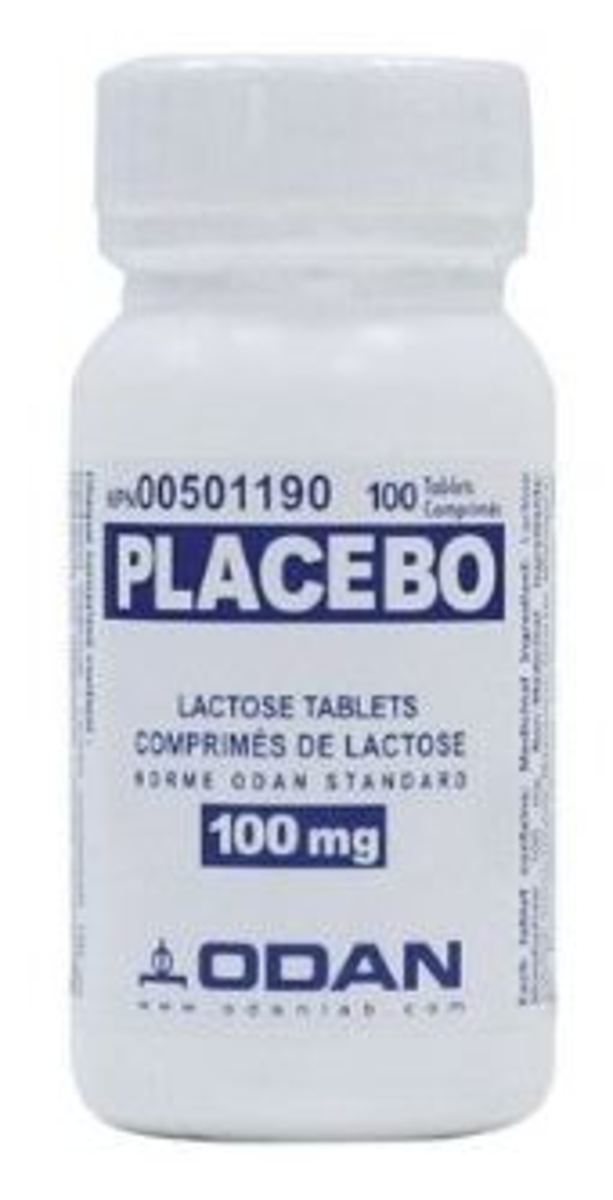Are Doctors Paid by Drug Companies to Prescribe Medicine

Payouts from drug manufacturers to physicians.
Is it considered unethical for physicians to have financial ties to pharmaceutical corporations and other companies in the drug industry? A health-care law was mandated last year requiring medical drug and device companies to disclose the massive amounts given by them in exchange for prescriptions and product promotions that will boost the sales of their new drugs.
Some doctors have stated that when they speak at promotional gatherings they have to follow a word for word slide show presentation in order to receive their payment or the drug company will change their contracts. Many prominent doctors at academic medical centers have failed to disclose millions of dollars in drug industry payments. Federal prosecutors have stated that some payments are kick-backs for illegal or excessive prescribing.
Under the Affordable Care Act, all gifts, fees paid for consulting with doctors and speaking at meetings to endorse the medical products, entertainment, travel expenses, education sponsoring and actual payments are to be disclosed. The primary purpose and intentions of this marketing strategy is to influence what drugs the physicians are prescribing to their patients, and preferably by many in the drug industry, on a habitual and long-term basis to increase sales. Several drug giants spend far more on marketing which is in the billions, than on research.
Safety, Efficacy and Appropriateness
This poses the important question of the true nature of the medicinal product's safety, efficacy and appropriateness as it relates to the condition it's prescribed for. What is the real level of knowledge the doctors have about the drugs and devices they promote to other physicians and prescribe to patients. Are they truly aware of any potential adverse events that may occur. Do these potentials get either down-played or even over-looked completely during the consultations, both to the physicians as well as to their patients? Are some doctors illegally writing prescriptions for diagnosed conditions other than what the product is strictly intended to be used for with little else in mind other than the anticipated pay-outs from the drug industry?
The rules and guidelines for the health-care provision were to be drafted no later than October 1, 2011 of which has come and gone without explanation from the U.S. administration. Some pharmaceutical corporations and members from the medical complex have submitted the information, and many of those who have, did so as a result of federal legal settlements. The number of doctors operating under this marketing strategy in the U.S. has been estimated at over 150,000 in the first half of 2011. This conflict of interest can have a devastating impact on our health and on the cost of medicines as well by recommending and prescribing brand name drugs instead of cheaper generic brands.
A Clearer Perspective
After this disclosure law is put into effect and proper follow-through has been implemented, we'll then have a clearer glimpse of the larger picture. The funneling of billions of pharma-industry dollars flowing to physicians in every sector of the mainstream medical arena every year not only has an impact on our health, but also effects the prices paid by government services. The government has until September of 2013 to publicize these pay-outs from the drug manufacturers to the medical health establishments.
The rules and instructions have to be drafted in order for them to know exactly what data they're to collect. The specific provision in the health-care law is called the Physician Payments Sunshine Act and the agency to outline the rules is the Centers for Medicare and Medicaid Services. This proposal was submitted by various state's representatives of whom are concerned that delay of its guidelines will cause confusion. Ellen Griffith speaking for the CMS said they won't have anything to say until they've responded to the Senators.
A consumer safety group, the Pew Prescription Project, are advocates who campaigned for the disclosure law. The director of the advocacy campaign, Allan Coukell, said there is much to be implemented, but both industry and consumer groups are in agreement, a bipartisan consensus, and stated that it is a priority.
Adverse Events
Why do statistics show that for every 110 children, one is autistic and drug manufacturers appear to still scratch their heads about it? Many various illnesses/diseases such as FMA, RA, Lupus, Seizures and MS have increased over the past twenty five years.
There exist many more of which the medical complex still continues to sing the same tune.....either that there is no known cause, it is genetic or by coincidence. While whistling this tune they set out to create and profit from experimental patent-protected medical treatments and drugs.
Many mainstream drugs of the past and still to this day contain poisonous toxins such as thymerisol (mercury derivative), aluminum, polysorbate 80 (tween), sucrose etc, as adjuvants and chemical additives. GMO'd foods, full-body scans, fluoride, chlorine and drug residues in the water, the expansive vaccination schedule and pollutants all help to firm up the medical construct.
Is Research and Marketing a Mixed Bag?
The patented meds that go through research trials rely on universities and hospitals accepting their grants which in turn may set up an obligatory relationship between their product and the recipient. Is this mixing scientific research with promotional marketing?
The primary candidates for the pharma industry are the physicians in chief-of-staff positions because they are considered key opinion leaders (kol) by the industry. They write papers, give instructions, train physicians and speak at meetings.
Influences and Stocks
Another matter to consider is whether or not a fiduciary relationship is created by this arrangement in regard to research trials. Both a grant is extended along with property and confidence is given in return and accepted. The general trust in the fiduciary's character is not enough, a duty of loyalty is also expected whereas all of the actions of the one are for the advantage of and to benefit the other. In a relationship of this manner, the fudiciary owes the beneficiary that of undivided loyalty with a strict rule of conduct extending beyond the normal framework of marketing; dependence by the one and influence by the other.
Whenever an epidemic is declared, beware that the ones declaring it aren't a stockholder in the product they choose to stockpile. Some U.S. governmental officials in the past have made out like bandits applying this strategy. Another consideration is whether or not they hold stock in various vaccines as well.
Ways to Determine if Your Physicians Have Drug Company Affiliations
To find out if any of your doctors are involved in drug industry payouts, propublica.org provides some data, however, this list is in its early stages and much data is yet to be disclosed.
Questions to consider to help determine your doctor's drug affiliations:
- Am I frequently persuaded into accepting prescriptions when I feel none is needed?
- Do my doctors have a position on drug company advisory boards?
- Do they have an Internet profile showing a list of pharmaceutical affiliations?
- Does he or she usually seem upset when treatments or prescriptions are not accepted?
- Do my doctors always seem to have a multitude of free samples that they offer?
Samples may be within reason as a standard form of marketing. The advocacy groups suggest it is perfectly acceptable to directly ask your physician if they either, receive payment or other types of gifts, participate in research trials or do consultations and presentations for any drug companies. If so, ask for the names of the products and companies.
It is understandable that inquiring into the personal affiliations of medical professionals with drug manufacturers may be awkward, especially while in the middle of an examination. It's difficult enough to remember the questions we may have in regard to our health condition at the time, nor do we wish to make our physicians nervous. An appropriate time may present after the exam but before your doctor concludes your visit.
Doctors move about at different paces, some appear more rushed compared to others. It's important to remain calm and pleasant but firm. You simply would like to know if your doctor has financial ties to any of the drug companies that make the meds they write scripts for.
There are certain various medicines that are needed and should be continued under the supervision of the physicians. However, there are many medications that cause more harm than good. We need assurance that the medicinal choices our doctors make for us are in fact safe and effective, as well as appropriate for the diagnosed condition.
Lizolivia








